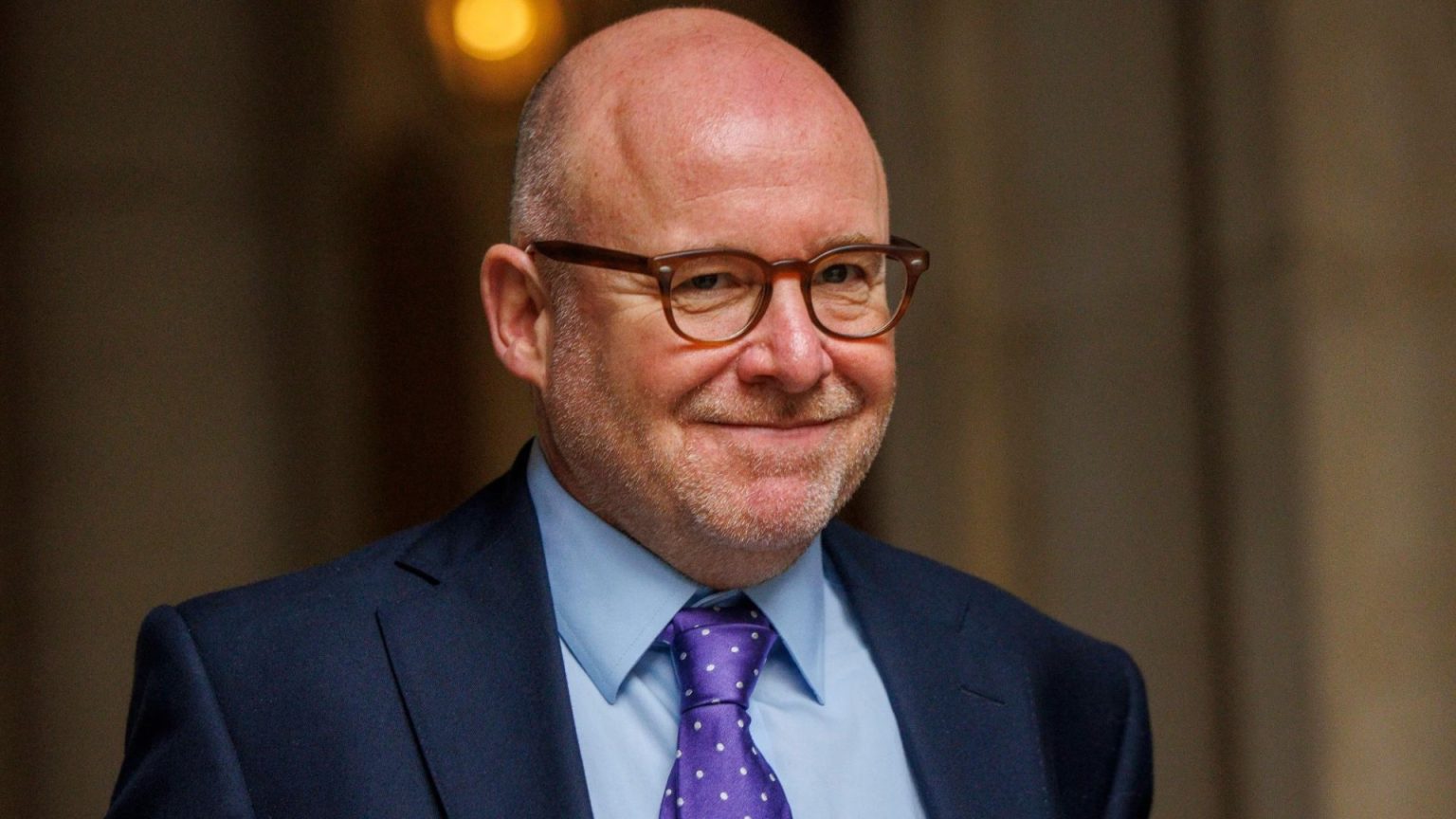The UK government finds itself in a contradictory position regarding its immigration policies. Home Secretary Yvette Cooper’s proposed legislation aims to curb the practice of lawyers coaching migrants to fabricate asylum claims. This initiative stems from the understanding that advising migrants to invent stories, such as feigning homosexuality to avoid deportation, is not only unethical but potentially criminal. The government recognizes the need to address this exploitation of the legal system and ensure that genuine asylum seekers are not overshadowed by fraudulent claims. This stance reflects a commitment to upholding the integrity of the immigration process.
However, this pragmatic approach contrasts sharply with the government’s broader stance on human rights. Attorney General Lord Hermer’s unwavering commitment to the European Convention on Human Rights (ECHR) presents a significant obstacle to stricter immigration control. Hermer’s declaration that the UK will never withdraw from the ECHR or challenge its rulings effectively empowers migrants to exploit the convention to their advantage. The ECHR, while designed to protect fundamental human rights, has been utilized by some migrants and their legal representatives to challenge deportation orders, even in cases where claims are dubious. This creates a tension between the government’s desire to control its borders and its obligation to uphold international human rights standards.
The inherent conflict between these two positions undermines the government’s efforts to manage migration effectively. Cooper’s attempts to tackle dishonest legal practices are counteracted by Hermer’s stance, which provides fertile ground for legal challenges based on human rights arguments. This dichotomy creates a sense of confusion and inconsistency in the government’s approach, sending mixed signals to both immigration officials and those seeking asylum. While the government strives to deter fraudulent claims, its commitment to the ECHR inadvertently empowers those seeking to exploit the system.
Furthermore, the UK’s current economic climate adds another layer of complexity to the immigration debate. Amidst a looming trade war between the US and the EU, the UK’s position becomes even more precarious. Instead of capitalizing on the opportunity to forge independent trade agreements with a thriving US economy, the UK appears to be clinging to its European ties. Prime Minister Keir Starmer’s decision to engage with German Chancellor Olaf Scholz and attend a Brussels summit dinner raises questions about the government’s priorities. This apparent alignment with a struggling EU economy, while potentially damaging to the UK’s own economic prospects, suggests a lack of strategic foresight.
The UK’s economic outlook is further hampered by domestic policies that stifle growth and discourage investment. Burdensome eco-policies, new employment regulations, and impending tax hikes create a hostile environment for businesses. This lack of economic confidence contrasts sharply with the burgeoning US economy, which benefits from clear and consistent financial policies under the Trump administration. The stark difference in economic trajectories raises concerns about the UK’s ability to attract investment and compete on a global scale. The current economic uncertainties further complicate the immigration debate, as concerns about the potential strain on resources and public services become more pronounced.
In summary, the UK government’s approach to immigration is marked by contradictions and a lack of clear direction. While efforts are made to curb fraudulent asylum claims, the unwavering commitment to the ECHR undermines these attempts. This internal conflict is compounded by the UK’s precarious economic position and its seemingly misguided alignment with a struggling EU. The combination of these factors creates a challenging environment for policymakers and raises questions about the UK’s ability to navigate the complex landscape of immigration and international relations. The government must reconcile its conflicting stances and develop a coherent strategy that addresses both the legitimate concerns of its citizens and its international obligations. Failure to do so risks further exacerbating existing tensions and undermining the UK’s long-term stability and prosperity.


